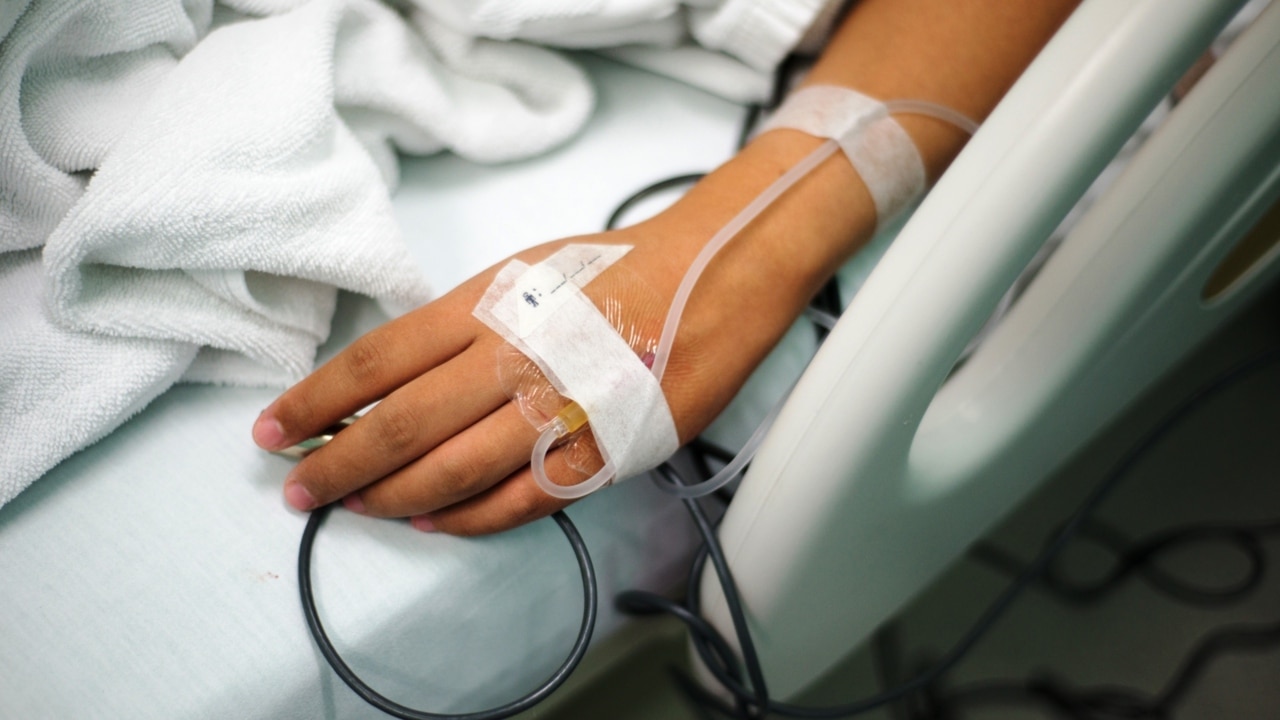Redland Hospital surgeon probed for any deaths in scoping bungles
Investigations into a bayside surgeon’s bungled cancer screening will determine whether any deaths can be attributed to his work.

AN INVESTIGATION into a Redland Hospital doctor, whose practice has been restricted amid fears he missed patient cancers, will probe whether any deaths can be attributed to his work.
Queensland Health is understood to be reviewing death certificates to identify whether any patients screened by the surgeon have since died from bowel cancer.
Health Minister promises to compensate patients if cancer misdiagnosed
Surgeon’s screening bungles leave 1000 at risk
The Australian-trained surgeon has been banned in Queensland from performing procedures known as scopes — endoscopies and colonoscopies to examine a patient’s digestive tract — since September 2018, when issues with his practice first emerged.
He performed scopes on about 1500 Redland Hospital patients between 2012 and 2018 but the Metro South Hospital and Health Service has only rescreened 450 people, identifying 14 with a “diagnosis of bowel cancer”.
Queensland Health is in the process of contacting the other 1000 patients and offering rescreens by the end of March.

Health Minister Steven Miles has ordered Metro South to commission a “full and independent” inquiry into issues surrounding the surgeon, likely to be led by an interstate expert.
“I expect to be consulted on the terms of reference,” he said.
Queensland Health director-general John Wakefield said he feared some of the surgeon’s 1500 scope patients would have died since they were screened.
Dr Wakefield said a “critical question” for the investigation would be whether any deaths could be attributed to the doctor’s practice.
“Some patients, 14 that we know of, have a diagnosis of bowel cancer,” he said.
“What we don’t know is to what extent there was a relationship between an opportunity that was lost because something was missed.”
A gastroenterologist is already probing the 14 cases to explore whether the surgeon may have missed their cancer, or precancerous polyps, when they were initially screened by him.
Potential problems with the surgeon first emerged in 2018 when another doctor “identified a patient as having a bowel lesion that they wouldn’t have expected to see after a previous screening”.
A subsequent probe of the surgeon’s cases highlighted “some level of concern about the thoroughness of the practice of this doctor”, Dr Wakefield said.
“I must stress, I, at this point in time, have no evidence that anybody has cancer as a result of this doctor’s practice,” he said.
“If we find that there’s a significant likelihood that any of those cancers can be attributed to the work of this doctor we will move in to … support those patients by way of some sort of compensation. But it’s too early at this stage.”

Mr Miles has pledged to make the results of the investigation public.
Health Consumers Queensland chair Erin Evans called on Metro South HHS, which only advised Queensland Health of problems surrounding the surgeon late last year, to provide affected patients with counselling and transport assistance, as well as prompt care.
“A high-performing health system is one that values and practises transparency, and has a tireless commitment to zero harm,” she said. “Queenslanders need to be assured that a rigorous, independent and multidisciplinary team will investigate how this happened and the impact on people’s lives. The review team should include medical, nursing and consumer representatives.
“Affected patients and their families must then be supported to be central in the subsequent implementation of recommendations from the review.”
Opposition health spokeswoman Ros Bates, who was briefed by Dr Wakefield on the situation yesterday, said she was concerned patients may have died “because of this catastrophic screening failure”.


